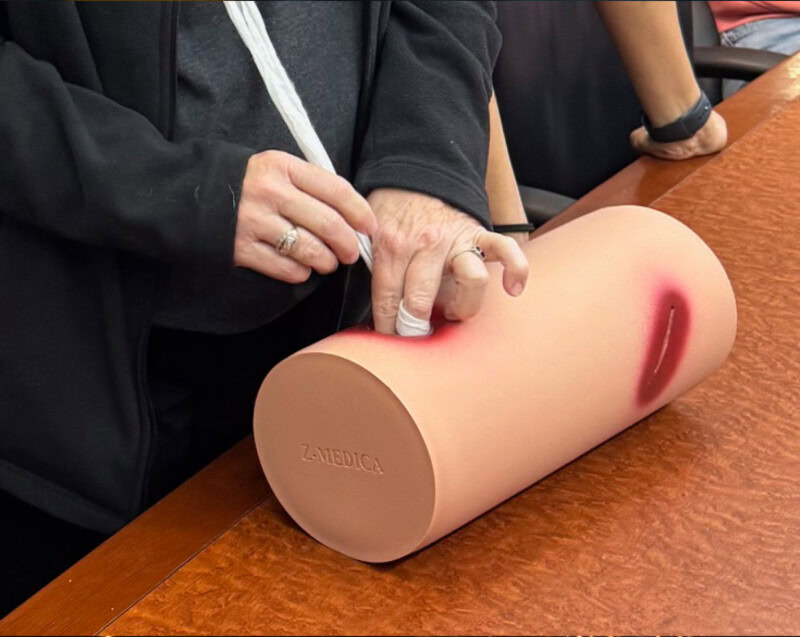Since cases of Zika were first confirmed in Brazil last spring, the virus has quickly spread. Today, it’s impossible to turn on the news, search through social media or talk to family and friends without hearing about potential negative health effects. Zika’s impact is now so widespread the World Health Organization has classified it as a “Public Health Emergency of International Concern.”
While there is still no vaccine for the Zika virus, there are steps you can take to prevent getting bitten by an infected Aedes species mosquito. Below are just a few suggestions from the Centers for Disease Control (CDC) for individuals who live in or are planning to travel to areas affected by the Zika virus:
•Wear long-sleeved shirts and long pants
•Use EPA-registered insect repellants and remember to always follow label instructions
•Control mosquitos inside and outside your home by getting rid of standing water, putting on window or door screens and taking other preventive measures
•Treat clothing or travel gear with permethrin, which protects your clothing even after multiple washings (Note: Never use permethrin products directly on skin.)
•If you have traveled to impacted areas, take steps to prevent mosquito bites for three weeks in order to stop the spread of Zika to U.S. mosquitos
According to the CDC, the Zika virus usually remains in an individual’s blood for a week and may cause symptoms such as fever, rash, joint pain, headache and red eyes. The Zika virus can also cause serious birth defects like microcephaly (an abnormally small head). If you think you have been infected, please contact your doctor or local healthcare provider immediately. For additional information about prevention or treatment of the Zika virus, visit cdc.gov.




